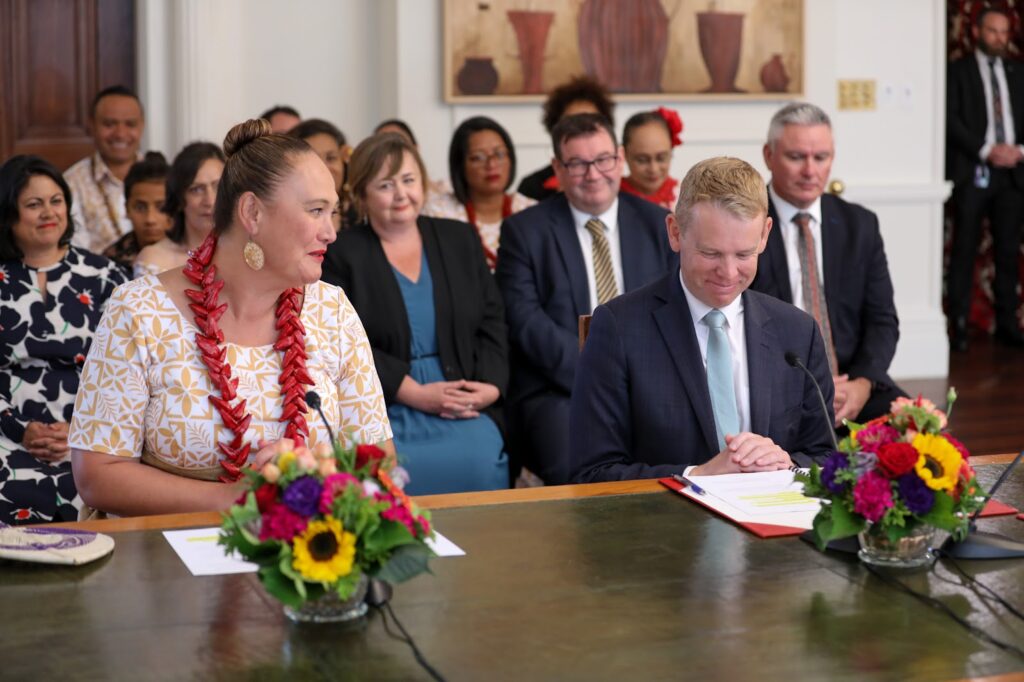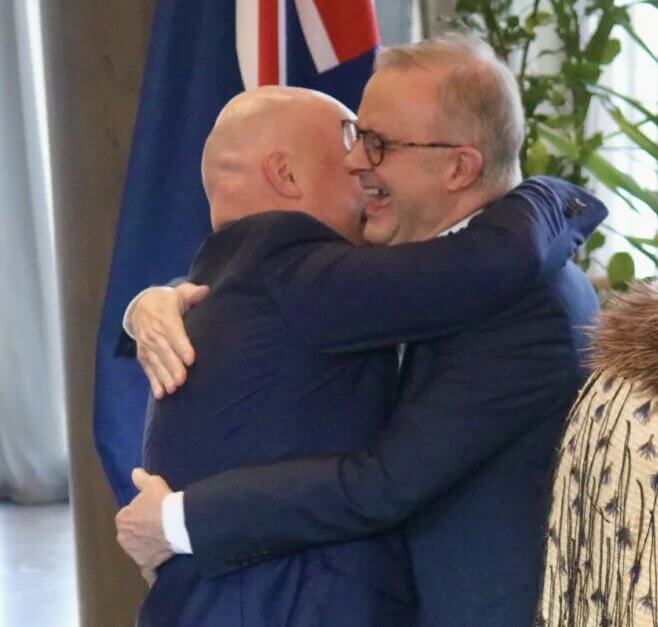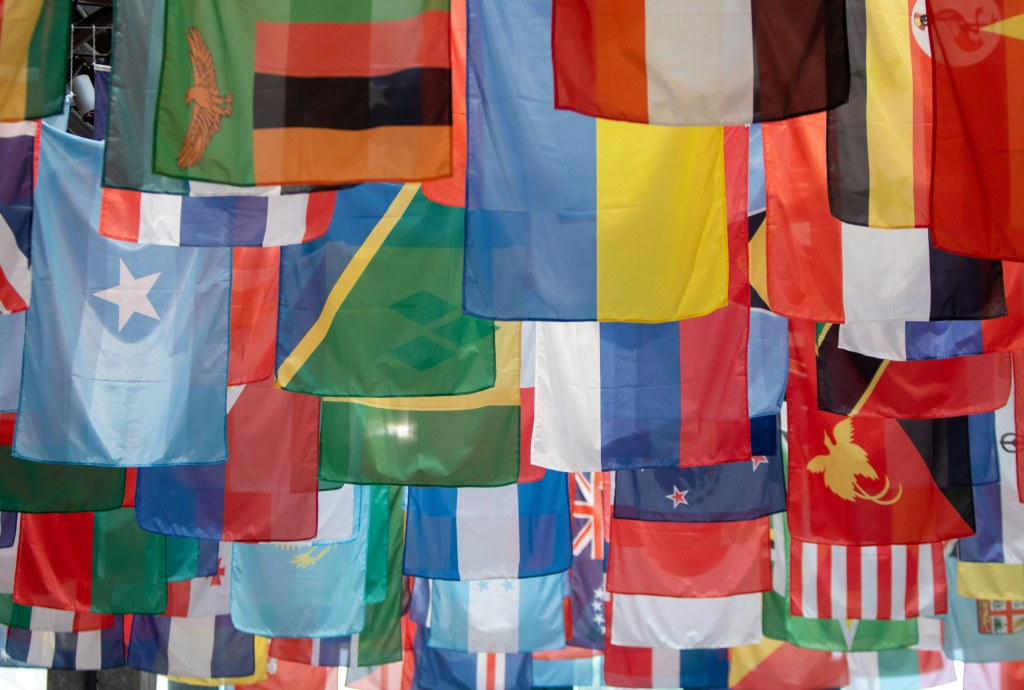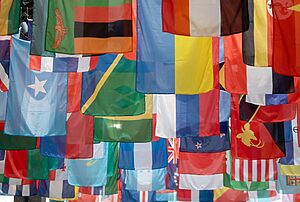In brief
- Recent polls reveal, surprisingly, that young Kiwis are leaning more towards National than Labour.
- That hasn’t stopped the Government passing a bill lowering the local election voting age to 16 under urgency.
- Doesn’t the convenient reasoning for lowering the voting age apply to a lot of other things?
A shift away from the left for young Kiwis
In 2017, “Jacindamania” fuelled a youth surge in voting, but now support for Labour seems to be shifting.
A poll by The Guardian shows 20% of people aged between 18-34 backing Labour, with 40% for National. A Labour-Greens coalition is at 34%, while National-ACT sits near 50% among the younger voting demographic.

Similar trends were observed by Roy Morgan research. Shifts away from progressive causes and exhaustion post-COVID may be the reason. Or maybe the progressive causes are becoming too extreme?
Is lowering the local voting age really urgent?
This week the Government passed the Electoral (Lowering Voting Age for Local Elections and Polls) Legislation Bill. The bill was pushed through Parliament under urgency.
The voting age for general elections is entrenched law. That means Labour doesn’t currently have the ability to change it. However, Labour has the simple majority in Parliament required to lower the voting age for local elections.
Labour says they’re acting on the Supreme Court’s ruling that the voting age of 18 for local and general elections contradicts the Bill of Rights. But Parliamentary Sovereignty rules over the Bill of Rights so there’s no obligation to change the voting age.
If Parliament was obliged to follow the court’s ruling on this, then it should change all other age 16 affected laws, of which there are many, including drinking related laws or joining the military. Also, Parliament could change the age in the Bill of Rights which would perhaps make more sense to accord with how society actually works.
Lowering the voting age is not politically neutral. Almost universally, youth lean left. That’s why Labour is lowering the voting age where it can because it favours them politically. The court’s ruling just gives them cover to argue there is another reason.
How many 16 year olds could be considered informed voters?
Polling suggests the majority of Kiwis are against lowering voting ages. Auckland Council also doesn’t support the change. But lowering the age follows recommendations from the left leaning Future of Local Government Review and the Make It 16 lobby group.
Their line generally follows that youth involvement in elections is pivotal for democracy, and that their opinions on issues like education, employment, and climate change matter. But arguments that youth should be able to vote always bump into the same concern that there has to be a cutoff age so what should it be?
It remains to be seen if this law will withstand a change in Government.



















